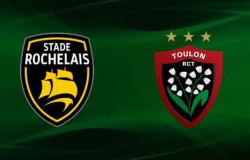With its seventeen muscles, the tongue is the most powerful organ in the human body. Spotlight on its little-known functions with Catherine Thibault, speech therapist, who devotes an entire book to it*.
From five weeks of gestation, the embryo’s very first movements occur through the tongue: the hand touches the lips, which stimulates the opening of the mouth and the exteriorization of the tongue… which touches the hand. “This archaic reflex (from Hooker) is the first experience of exploring the body,” notes Catherine Thibault. Later, the fetus experiences sucking-swallowing – it sucks its fingers or toes, swallows the amniotic fluid… – another reflex activity, which, at birth, will allow it to feed itself and discover the world by putting everything in its mouth! Beyond this role and the traditional functions that we know it has (swallowing, detecting flavors, speaking), the tongue has not finished surprising us.
It governs our posture
It is between 6 and 12 months approximately, when the baby begins to stand up, that the tongue takes on its full dimension: “The lengthening of the neck is accompanied by a descent of the larynx, and the growth of the mouth leaves more space for the tongue, which frees itself from the mandible (lower jaw). It becomes more mobile and more efficient for eating,” explains Catherine Thibault. But that’s not all. “It participates, through its extraordinary motor, sensory and nervous tools, in this sixth sense that is proprioception, which allows our brain to know, without resorting to vision, the exact position of the different parts of…
- Femina.fr






